





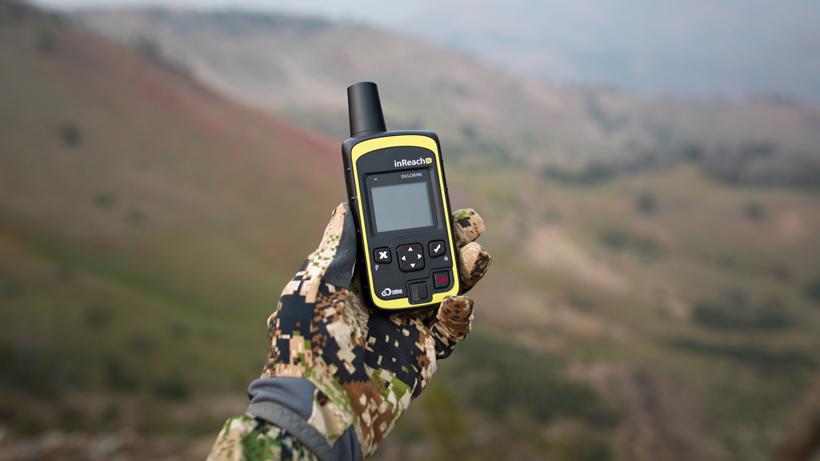
Photo credit: Brady Miller
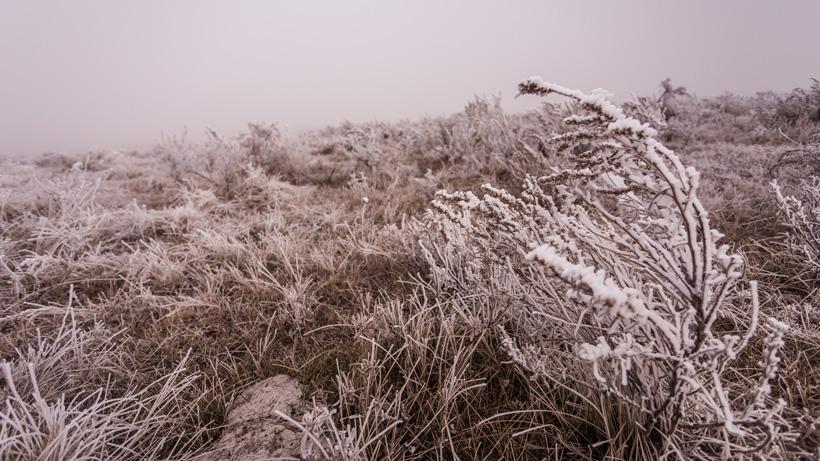
Photo credit: Brady Miller

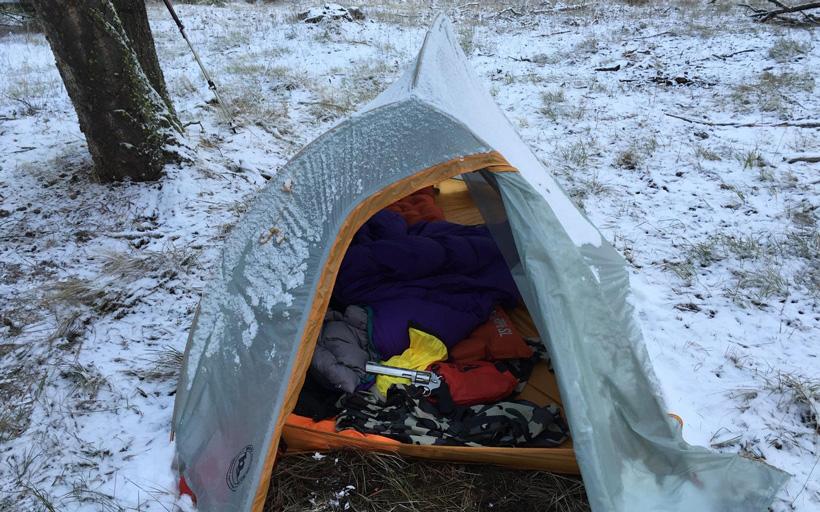
Photo credit: Mark Livesay
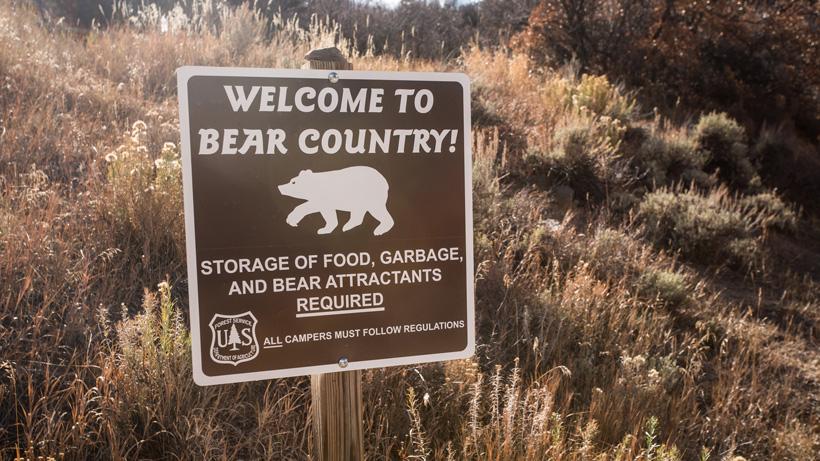
Photo credit: Brady Miller
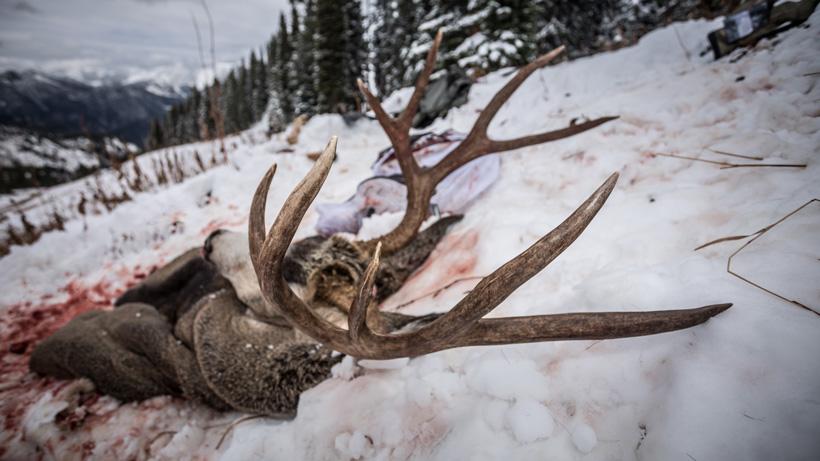
Photo credit: Brady Miller
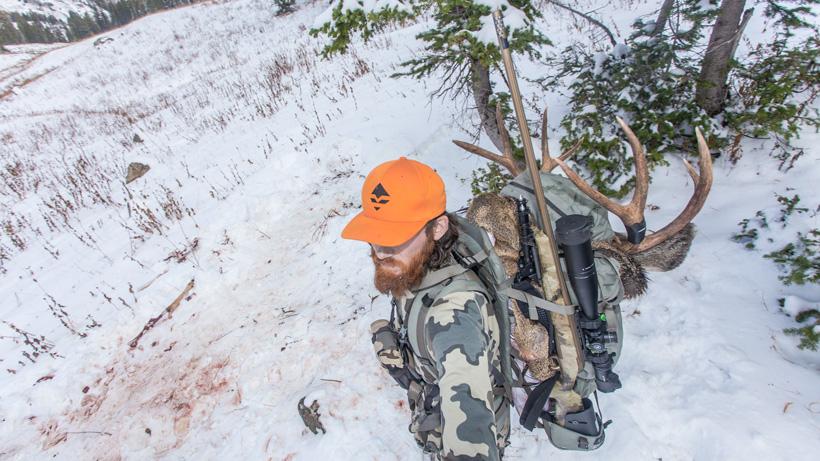
Photo credit: Brady Miller

There is something special and almost magical about hunting solo. Today, there is even a show dedicated to solo hunting. In some ways, going solo has become a rite of passage.
Solo hunting out West was a forced necessity for me. Like many hunters, I have an unquenchable passion for big game hunting and dreamed of moving and living out West. It was like western hunting was woven into my DNA. Over the years, I traveled often from the east to west to hunt big game. Finally, in March 2016, my family made the move to Missoula, Montana. Once we arrived, I was itching to get into the wild. This was our first time in Montana and I did not know many hunters. I was also blessed to have a flexible schedule that allowed me to hunt in the middle of the week. So, I started going it alone.
On the surface, being alone in the backcountry sounds intriguing and sexy, but that quickly changes when you spend your first solitary night. Reality and a certain amount of fear can set in quickly.
Going solo required me to face a different set of challenges. Yes, there are some similarities to group hunting, but being alone magnifies and intensifies everything. Below are some of the challenges to hunting solo. Coming to grips with this list will help you prepare for your voyages.
It’s vital that you never push yourself to the mental or physical breaking point. Remember: there is no one there to save you. Hunters in general do not like to admit they are afraid or nervous. I think they feel like they are giving up their man-card or something. In the backcountry, being alone in the dark is serious business. Don’t underestimate how you will react. I am a pretty rough and tumble guy and this was a big hurdle for me. I listed this as the first challenge because if you can’t get past this one, it is a deal breaker. Not much else matters if you can’t overcome or at least make peace with your fears.
Don’t get me wrong, fear is healthy. You should always respect it, but it can also be downright dangerous. Intense fear can drive you to do things you normally would not do. Sometimes there are viable reasons to be afraid, but more often than not, our fear is unfounded and irrational. Either way, it is how you react to that fear that will put you in real danger. You have to be 100% honest with yourself.
The good news is that you can learn to adapt and process through fear. Over time, you will become more and more comfortable being alone in the backcountry. In the beginning, however, you may want to consider a few short trips before you tackle a longer more serious adventure. When I cut my solo teeth, I totally ignored this advice. I went on a 14-day solo trip deep into the grizzly infested territory of Alaska.
When you are hunting solo, you have to be unusually mindful of your physical limitations. You hear it all the time, “Get into the best shape you can for western hunting.” Yes, it's vital, but it’s even more crucial when you are solo hunting. It is important that you trust and have unwavering confidence in your ability to get from point A to B and back. You have no one to watch your back or give you encouragement and you will quickly realize how much you take that for granted.
You are explicitly more injury prone when you’re exhausted, worn out and struggling to get by. Not to sound too dramatic, but in certain situations, your strength and stamina could mean the difference between life and death. The better your fitness, the better equipped you are to tackle difficult terrain, deal with extreme weather, and stay mentally sharp.
Most of the items on this list in one way or the other relate to safety. When hunting solo, you must take the “Be Prepared” Boy Scout motto to heart. Always carry your cellphone and have a way to recharge it at least once in the field. You should seriously consider carrying a Garmin InReach, Spot or other remote communication device. I never hunt anymore without one.
Be extremely careful and purposeful with your weapon. It's common sense, but I never chamber a round or nock an arrow while walking around hunting.
Unexpectedly, one of the most risk-laden times while solo hunting could be while driving to and from your hunting spots. If you are exhausted, pull over and take a nap.
I am generally a big risk taker, but on solo hunting trips, it is wise to be more cautious. Take your time and slow down your hunt. Not only will this improve safety, but it will also make you a better hunter. Always be aware of the terrain and what’s coming up. Work through minimizing risks, especially when the going gets tough. Do not take chances or risky shortcuts, no matter how intent you are on that critter.
Do not log hop! I rarely even walk on logs anymore because the risk is so high. Those broken dead limbs are like daggers. Avoid rockslides and scree fields when you can and use extreme care when you need to cross them.
If you are married and have kids, then you have to take risks even more seriously. Don't be selfish—you owe it to them to limit the risks and use good judgment. The decisions you make can change many lives. Taking risks obviously covers a lot of territory, but you get the point.
Weather in the high country can be radically unpredictable, fierce and even deadly. Weather will happen and you better be prepared for it. I’ve heard hunters on podcasts say, “If it gets bad enough I will just hike myself out.” Although possible in some cases, if you do end up stuck for whatever reason, you must have the gear to get you through. Running from crazy weather is a sure way to get lost or injure yourself.
Weathering out a serious storm can take days and it is a lonely and mentally challenging process. A positive outlook combined with the right gear will get you through it. Use the down time to work on your hunt plan so you’re ready to roll when it passes.
I am a serious hunt planner. This is especially true when hunting solo. It’s so important that you plan and plot your hunt with methodical intention. You won’t have anyone to reason with when you’re exhausted, dehydrated and nervous. A detailed plan will help you function better and hunt more intentionally. I plan and plot my hunt strategy and backup hunt options using both topo and aerial photo analysis on Google Earth Pro, Gaia GPS and their mobile app. I import my Google Earth waypoints, trails, access points and actual hunt routes into both my Gaia GPS iPhone app and my Garmin Rhino GPS.
This level of planning does takes time, but it leaves less to chance. It also means you always have hunt ready options. A good plan keeps me focused and efficient. It is big country out there and, if you don't have a plan, it can quickly become overwhelming. Even the process of preparing the hunt plan has made me a more effective and efficient hunter.
Finally, this probably goes without saying, but even though you may deviate from it, always leave your hunt plan with someone that knows when you are planning to return.
Going solo requires you to double and triple-check everything. I have a detailed packing list and I always use it—even for day hunts. I know exactly what I’m packing and where I packed it. I continually work to refine my list and gear selection during the season. As a solo hunter, you can’t afford to skimp much on equipment. You will not be able to share or borrow from anyone. For example, if you rely on freeze-dried or dehydrated meals—like most of us do—and your stove quits working, you could have significant trouble keeping up your nutritional needs and could end your hunt early. No hunter likes the thought of that. Make sure you think and plan through your equipment.
Navigation when hunting solo is another deal breaker. You must be a rock solid navigator. There is simply no room for error! Personally, I carry at least three methods of navigation at all times. I always carry printed national forest maps or topographic maps, a compass, and two GPS navigational devices. I use my iPhone with the Gaia GPS App as my primary source, but cellphones by themselves should never be relied upon. They can have trouble in heat, cold, water and the batteries can go dead for seemingly random reasons. I also carry a Garmin Rhino650 with an OnXMap chip installed accessible on my backpack belt at all times. I mark all ways in and out and camp waypoints on both units.
Back before GPS units were widely available, I made a critical map and compass mistake and got dangerously lost while bowhunting elk solo in Colorado. Getting lost rattled my confidence and severely limited my ability to hunt effectively for the remainder of that trip. I have had friends get lost carrying a working GPS and maps. If you think it can’t happen, you’re wrong.
In addition, there is not much point in owning a GPS if you don’t really know how to use it. I was on a hunt with a couple guys that decided it was smart idea to share a GPS between them. I was shocked to see that on the first night of the hunt, they opened up the package and put in the batteries. We were packing in more than 12 miles. It worked out, but they did not get far from camp. Take the time before you go to learn to use your device well.
Finally, you need to limit your travel and navigation at night. Everything looks incredibly different at night. Deadfalls and rockslides are dangerous enough in the daytime, but they are exponentially so at night. Not to mention, that whole fear issue; it can drive you to go too fast and take risky shortcuts. Be smart and prepared.
In most western states, you need to take bear precautions. Do not get lulled into the thinking that black bears do not pose a significant threat. When food is involved, they can actually become super aggressive. Your personal food and big game kill could spell trouble if not handled properly. Always carry bear spray in a holster ready on your pack belt. In general, bear attacks usually occur while solo or in small groups. Many, if not most, recorded attacks have resulted from surprising a bear and startling them into an instinctive act of aggression. Bear issues are most documented in the months of July, August and September. That is of particular concern to bowhunting and scouting trips. You should always take bear precautions, but you have to be exceedingly prepared in grizzly country.
According to Stephen Herrero, in his book Bear Attacks: Their Causes and Avoidance, 23 people were killed by black bears from 1900 to 1980. The number of black bear attacks on humans is actually higher than those of grizzly/brown bears. He thinks this is largely because the black species outnumbers the grizzly/brown rather than being more aggressive. Compared to grizzly/brown bear attacks, violent encounters with black bears rarely lead to serious injury. The majority of black bear attacks tend to be motivated by hunger rather than territory and, thus, victims have a higher probability of surviving by fighting back rather than submitting. Female grizzly bears are known to display extreme protectiveness towards their cubs and they will attack humans in their vicinity.
To expand on predators above you should be particularly careful at a kill site. When working up a big game animal, keep yourself as clean as possible. When it is warm enough, I strip down to my boots and underwear. I take the belt off my pants and put my bear spray and my Smith & Wesson 329PD 44 mag on my side. You never want to be detached from that bear spray. Work as quickly, but as safely as possible. The longer your meat is at the kill site, the higher the odds are that a bear will find you. Be extraordinarily careful using your knife. The new exchangeable blade knives are amazing, but they are ridiculously sharp—almost too sharp. One slip, especially solo, and you could be in big trouble. Work with purpose and focus.
If you can, hang your meat at least 10’ high and 4’ out from the tree. This is not an easy feat by yourself. This is where a few extra game bags and more 550 paracord really comes in handy. Smaller bags are easier to hang, even if you hang them in clusters. It is a great idea to practice and develop your own hanging technique before your hunt. If you can’t hang your meat, pack it away from the kill site and at least a half mile from your camp. You will want to store it in a shaded, cool spot very low to the ground. This will help reduce the spread of scent. At the kill site, I usually cut open the stomach pouch and throw a few scraps up in the tree branches. My goal is to make the kill site as pungent and attractive as possible in hopes that any critters will focus on the kill site, not my stored meat.
It's important to note that bears like to bed down next to a claimed kill site. Use extreme caution when returning to a kill site or meat storage area. Avoid returning in the dark unless it is absolutely necessary.
When it comes to packing out meat, you need to exercise common sense and be honest about your physical abilities. Yes, you want to carry as few loads as possible, but you have to be physically able to make all the trips. If you wreck yourself on the first pack out trip, the rest of your precious meat could be in jeopardy. It’s a delicate balancing act. Take your time, rest often, use a set of trekking poles, and be sure to eat and drink more than you normally do. Keep your body functioning at it’s best, stay positive, and remind yourself how grateful you are that you get to work so hard. As a side note, I am not sure if it helps or not, but I do a lot of talking to myself on intense solo packouts.
I love sharing hunting trips with my friends, but hunting solo stirs something inside me. It’s hard to explain, but when it's me versus the wild, everything seems more vivid and somehow I feel more connected to my surroundings. I’m in my 50s now and I plan to aggressively hunt the backcountry for many more years. I’m more conscious and aware of the risks and I have a healthy respect for the predators that live there. In the end, I want to make it home to my wife and kids. They are depending on me and that gives me just the focus I need.
Don’t let your fears get the best of you. Get prepared and start finding out what you are capable of—you might be surprised.